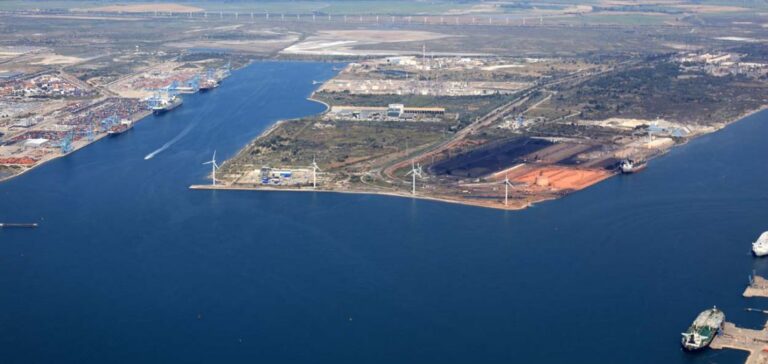France has launched a large-scale project for the decarbonisation of the Golfe de Fos, an industrial-port zone that accounts for approximately a quarter of the country’s industrial CO2 emissions. This initiative is part of a plan for reindustrialisation and energy transition by 2030. The goal is to make this site the leading European hub for industrial decarbonisation.
Enhanced cooperation between the State and local authorities
The project was signed by the State, the Provence-Alpes-Côte d’Azur (Paca) region, and the Aix-Marseille-Provence metropolitan area. The President of the region, Renaud Muselier, highlighted the desire to make the Golfe de Fos “the first European decarbonisation zone”. This ambitious project aims to reduce pollutant emissions while improving the industrial competitiveness of the area. For Muselier, this initiative represents a “historic opportunity” both for the environment and for strengthening France’s industrial sovereignty.
Key projects within the programme
Around thirty projects are currently under development in the Golfe de Fos. These initiatives span various sectors, ranging from renewable energy (floating wind, photovoltaics, hydrogen) to the production of sustainable fuels. Total investment is expected to reach €20 billion, and 10,000 new jobs are projected to be created by 2030. Among these projects, the creation of a decarbonised steelworks and the development of infrastructure to support alternative fuels play a central role in this transformation.
State financial support
The Minister for Industry, Marc Ferracci, indicated that the State has allocated significant funds to support these projects. In the 2025 Finance Bill, €1.6 billion has been specifically earmarked for industrial decarbonisation, with additional credits to fund major projects. The Minister also mentioned a €35 million contribution to a major industrial transformation project at the Airbus Helicopters site.
Challenges related to the implementation of new infrastructures
However, some projects have sparked debate, notably the high-voltage power line necessary to supply electricity to the Golfe de Fos area. Although supported by the authorities, this project is strongly contested due to its proposed route, which passes through a part of the Camargue Natural Park. This issue remains a point of tension within the framework of the development of the area.






















